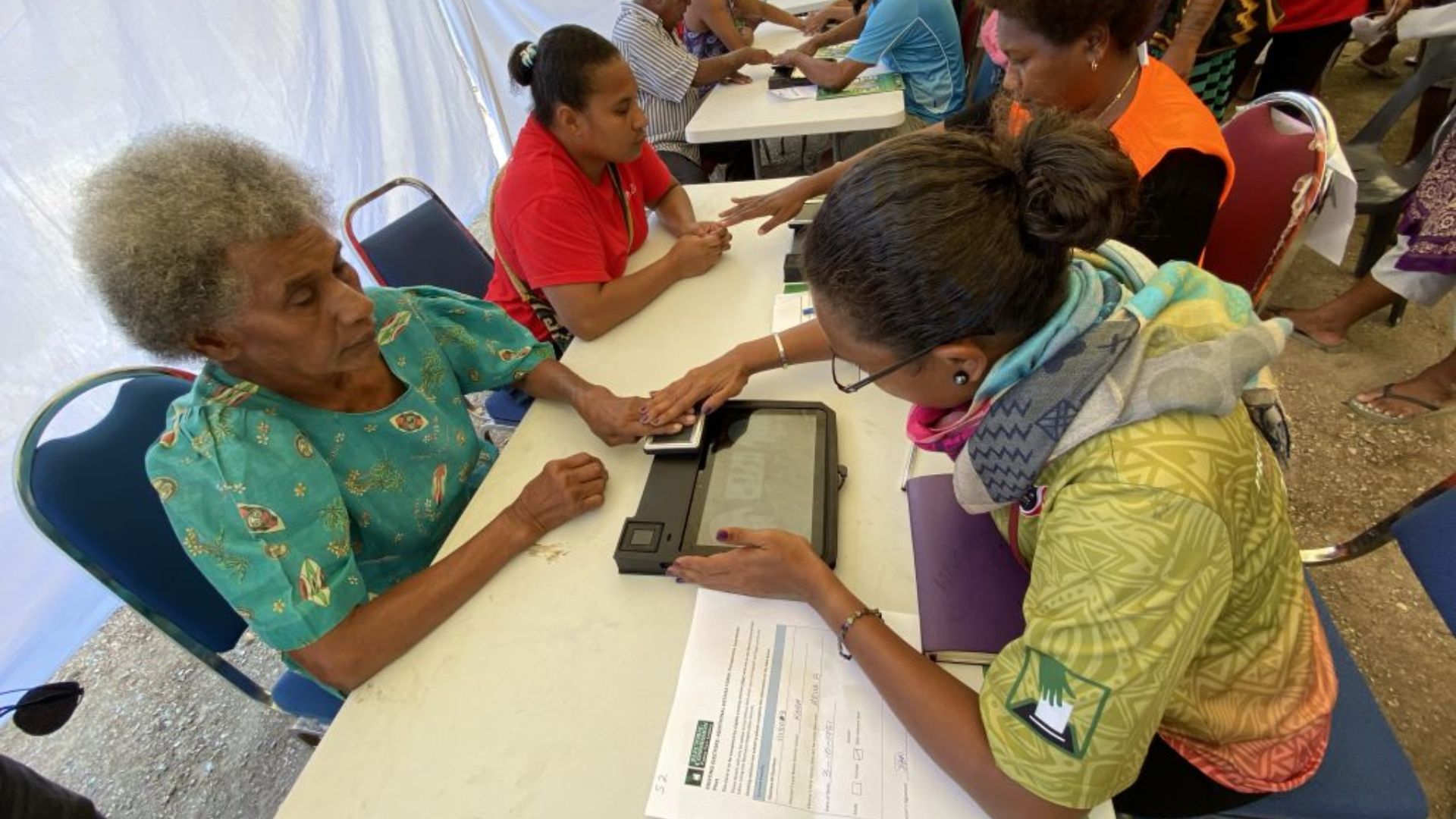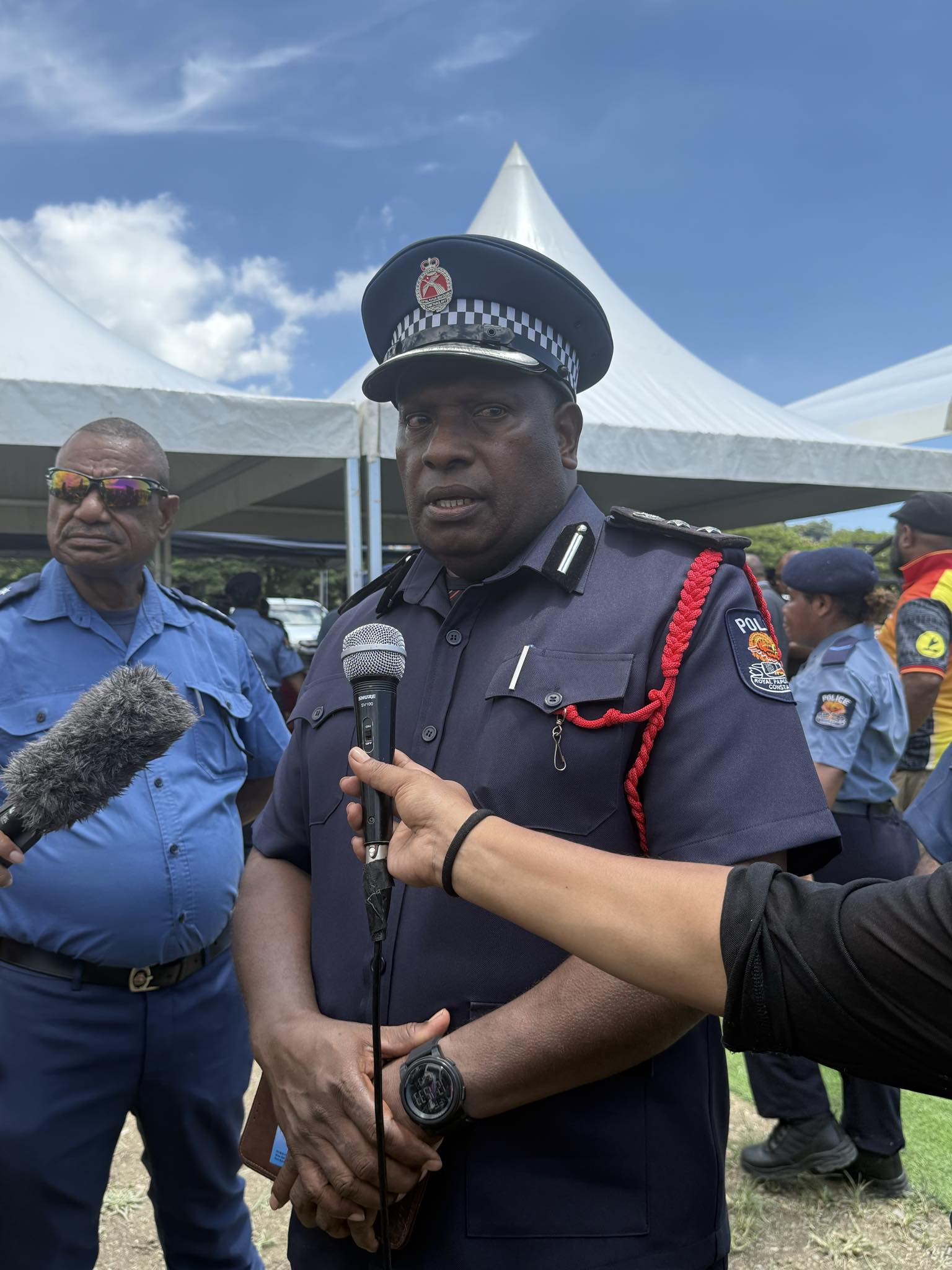The Government of Papua New Guinea has embarked on a significant electoral reform journey aimed at transforming its democratic process before the 2027 General Elections.
Spearheaded by the Minister for Administrative Services, Richard Masere, the initiative focuses on establishing a credible electronic electoral roll and migrating to biometric and electronic voting (E-Voting) technologies.
The reform was initiated through a week-long workshop currently underway at the Hilton Hotel in Port Moresby, gathering key representatives from the Judiciary, the Electoral Commission, the National Statistics Office (NSO), the Civil and Identity Registry (NID), and international partners.
This ambitious agenda is a direct response to a directive from Prime Minister James Marape, seeking to establish a “single source of truth” for the electoral roll.
It aims to tackle critical issues that have eroded public confidence, such as voter impersonation, duplicate registrations, and delayed counting processes.
Minister Masere outlined the reform journey around four critical priorities, which necessitate the reorganization of the NSO, NID, and the PNG Electoral Commission under his portfolio to ensure streamlined progress.
The four priority areas are:
1. National Population Census: To establish a reliable population number after a 13-year lapse. The NSO received funding in the 2024 budget to conduct a National Population Count using electronic data collection methods.
2. Reliable Voting Population Data: The goal is to accurately determine the number of citizens aged 18 and older registered with a National Identity (NID) card. With the eligible population estimated at 5.9 million, only 2.8 million NID cards have been issued, leaving a critical shortfall of 3.1 million citizens who must be registered.
3. Credible Electronic Electoral Roll: Data from the NID and the national census will be integrated to create a reliable electronic electoral roll for the PNG Electoral Commission before the 2027 General Elections.
4. Migration to Modern Voting Technology: The final stage involves transitioning from the traditional paper-based system to a combination of biometric and/or electronic voting to restore credibility to the electoral process.
Biometric technology, which uses fingerprints, facial recognition, and iris scans, is a powerful tool to protect electoral integrity and combat common problems like inflated electoral rolls.
Minister Masere stated that in a country like PNG, where geography and infrastructure present significant challenges, biometric voting introduces “precision and accountability.”
“It ensures that every voter’s identity is verified accurately, eliminating impersonations, multiple voting and fraudulent use of another voter's name or voter's identification (ID).”
He added that capturing biometric data will also cleanse and strengthen the electoral roll, removing ghost names, duplicate entries and records of deceased residents.
“The result is a credible, verified roll of living citizens, a foundation of trust for every election that follows.”
Furthermore, Masere highlighted the efficiency and inclusivity benefits.
“At polling stations, biometric verification will speed up the process, reducing queues and waiting times compared to manually searching printed lists.”
Crucially, for rural citizens who may be unable to read, write, or sign their names, the biometric system will provide greater accessibility and inclusivity.
The Minister encouraged broad participation in the workshop, emphasizing the national importance of the reforms.
“With biometric and electronic voting technology we can ensure that every vote is protected, every citizen is empowered, and every election upholds the principles of democracy.”







